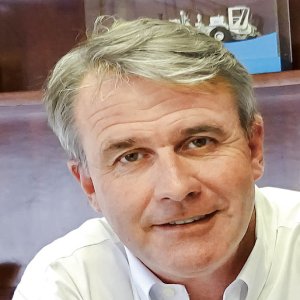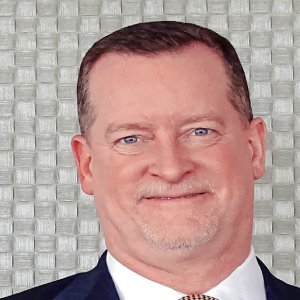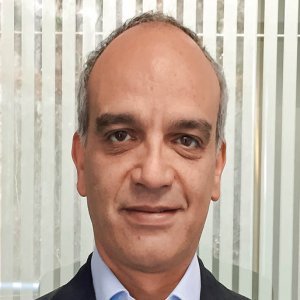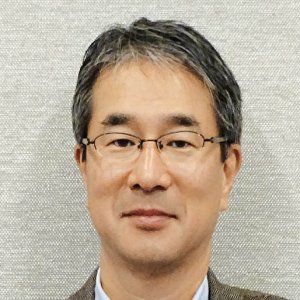Deepwater Giant Divest into Refineries

STORY INLINE POST
Q: What are the main differences in the company’s identity after the AMEC and Foster Wheeler merger?
A: AMEC has plenty of experience in the upstream segment, but almost none in refining. For this reason, it is a good complement to Foster Wheeler. AMEC has executed major projects in shallow water arrangements from the Houston office. In the UK, we also have expertise in deepwater fields, pipelines, and floating arrangements. Overall, we can offer vast expertise in the upstream segment, as we have many different activities in our portfolio. We are working on projects for Mexico with Paris, Madrid, Houston, and Thailand. The integration of other execution centers and different capabilities to projects in Mexico has significantly strengthened our company. We now offer a wider array of services and are starting to test the waters in other sectors, as evidenced by our first project in the pharmaceutical industry. There has also been growth in the food and beverage, environmental, and infrastructure industry, and we have benefitted from a few quotations. The company is undergoing a cultural shift, whereby we are gearing our mindset toward that of a much larger organization. The main changes thus far have been in terms of size and strength.
Q: What are the main projects in oil and gas that you are working on at the moment?
A: We have a considerable backlog on refining jobs, such as the Salina Cruz diesel project and the Madero and Cadereyta un-heading devices projects. We are also chasing a significant project in the Salina Cruz reconfiguration, but the specifics are yet to be defined. Although we are extremelyproud of our strong presence, it also presents a challenge for the future. We know that the end of these jobs marks the end of refining projects in our pipeline, which means we must step outside of our comfort zone as soon as possible. So far, we have secured a couple of upstream engineering projects for PEMEX. In addition, we are preparing for the entrance of new players in the market by working on our positioning, marketing, and development.
Q: What are your main projects in refineries at the moment, and what sets you apart from other companies in your field?
A: One of our main differentiators is that we own the process technology for certain plants, such as the delay coking units, where we are executing the Madero and Cadereyta un-heading devices projects. As stated, we are working in five out of the six refineries in one way or another, but this also entails future challenges because once these projects are completed, we might not be as active in this segment. We bring the expertise from plants around the world to these projects. Our pursuit of unique opportunities is justified by our technology and we combine our operations here in Mexico with the capabilities of our partners’ offices abroad. For our Salina Cruz ultra-low sulfur diesel project, a large turnkey project, we are bringing the strength of the Madrid office and the Thailand office, which offer added capacity to our Mexican operations. This provides us with a combined workforce of 300-400 people for that specific job. By carrying out both the engineering and the construction with a joint venture partner, we are effectively differentiating ourselves from the rest of the industry. The only other company capable of doing this in Mexico is ICA Fluor.
Q: In which sort of projects do you still find interesting enough to participate in the refining area?
A: We are looking forward to the Salina Cruz reconfiguration project, which should last five or six years and should start moving soon. We will also take part in the capacity expansion of a coke plant in Cadereyta, and we might also do the same in Minatitlán. Given the current circumstances and state of PEMEX, there is a lack of further opportunities in the refinery sector. Other players entering the market may choose to set up more refineries in the country, but this will not happen in the coming years. Mexico has always played a significant role in our company, but over the past year it has gained importance and has come to play a central role. Our CEO is constantly looking at developments in Mexico and attending important local events with key political figures. Our leadership team has given our office aggressive targets for Mexican operations and expects high revenue figures, meaning the company should aim to double or triple its size over the next three years.
























